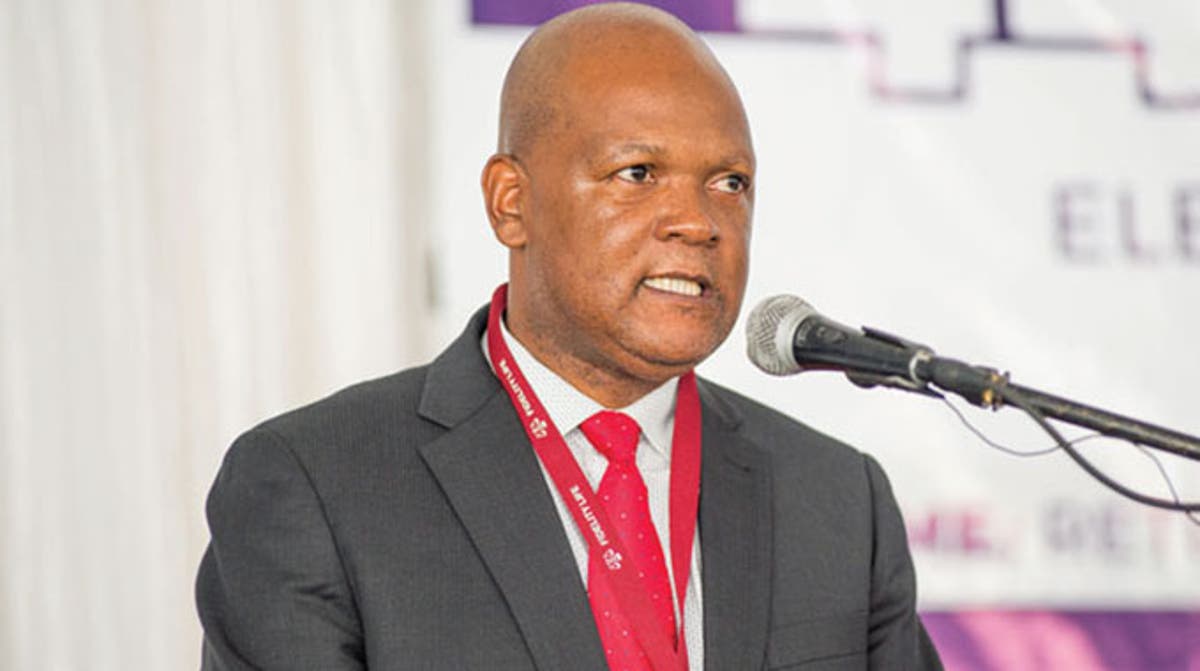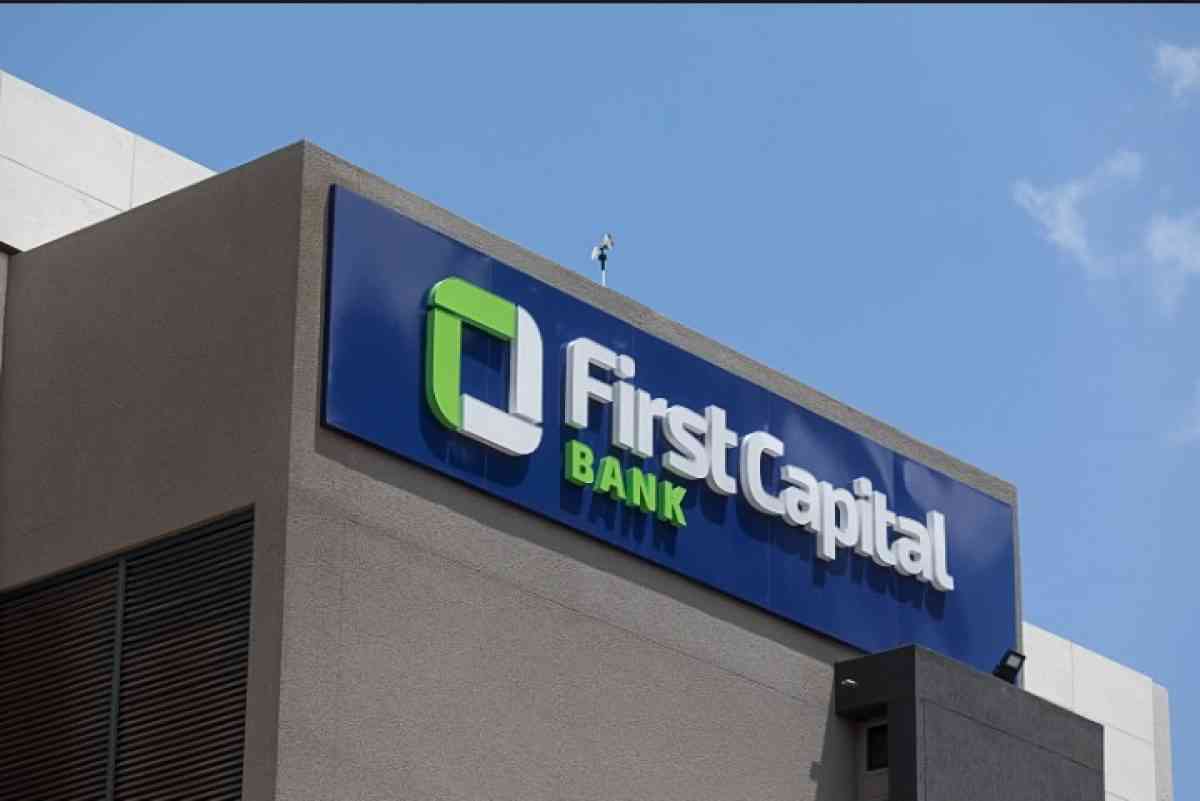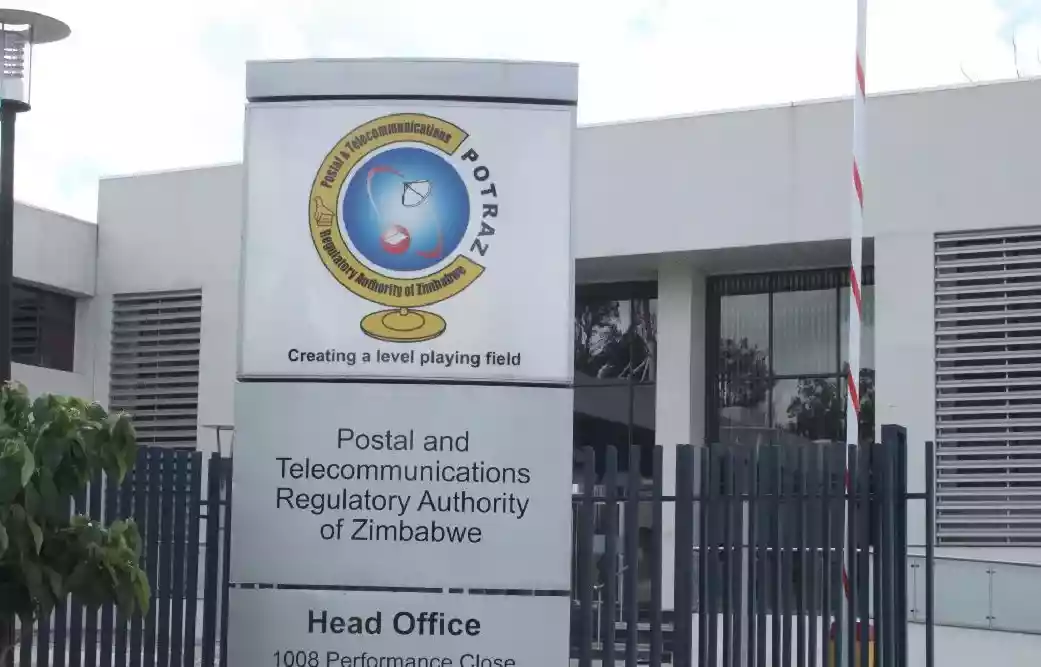
TATIRA ZWINOIRA ZIMBABWE Stock Exchange (ZSE) chief executive officer (CEO) Justin Bgoni said this week Zimbabwe’s main bourse was now the worst performing on the continent due to subdued foreign direct investment (FDI).
The ZSE CEO said FDI inflows have been low since 2015. After outperforming regional stock markets over the past two years, bears have returned to the ZSE.
According to IH Securities, a local advisory firm, the ZSE has recorded its highest loss of -59% since 2020.
“We now have the title of the worst performing market in the region, I agree,” Bgoni said in an address to the inaugural Zimbabwe Investor Forum hosted by the Zimbabwe Independent in partnership with PiggBankAdvisor on Wednesday.
“But, for the past two years I think we have had some of the best performing markets so I think it’s up and down if you look at it. If you look, fundamentally in Zimbabwe we haven’t had foreign direct investment come in since around 2015/2016. A large part of it is because of the exchange rate. People are worried that they won’t be able to get their money out so that has been the biggest problem in terms of money coming in,” Bgoni added.
“So, as I said, since 2015/2016 there has been barely any money coming in. What you are seeing at the moment as foreign direct investment is actually the recirculation of money,” he added.
In a report shared with its clients last month, IH Securities reported that the high inflationary environment in the past three years had affected company operations.
“In the current inflationary environment, businesses are required to reprice goods in line with the interbank rate while cost of goods sold and operating expenses follow trends on the parallel market,” IH Securities said.
- Chamisa under fire over US$120K donation
- Mavhunga puts DeMbare into Chibuku quarterfinals
- Pension funds bet on Cabora Bassa oilfields
- Councils defy govt fire tender directive
Keep Reading
“Margins for consumer facing businesses are expected to collapse going into the 2nd half of 2022. Over the past month the ZSE has been characterised by a bear market partially explained by reduced activity from speculators since the capital gains tax review. In addition, a combination of restricted lending and higher interest rates compelled investors to unwind positions and unlock funds from the stock market.”
The capital gains tax has been increased to 40% for any stock sold before a gestation period of 270 days, while interest rates were last month raised by 120-percentage points to 200%.
“Despite the expected collapse in margins, there is once again a BUY signal on the market. There is now a dislocation in valuations,” IH Securities said.
In his presentation, Bgoni said the capital gains tax hike would deter investment.
Financial analyst Bonginkosi Ntabeni told the forum that investors were keen to know how easily they would divest.
“The question is more around the amount of money you are getting out and when you are getting it out then the certainty associated with that,” he said.










